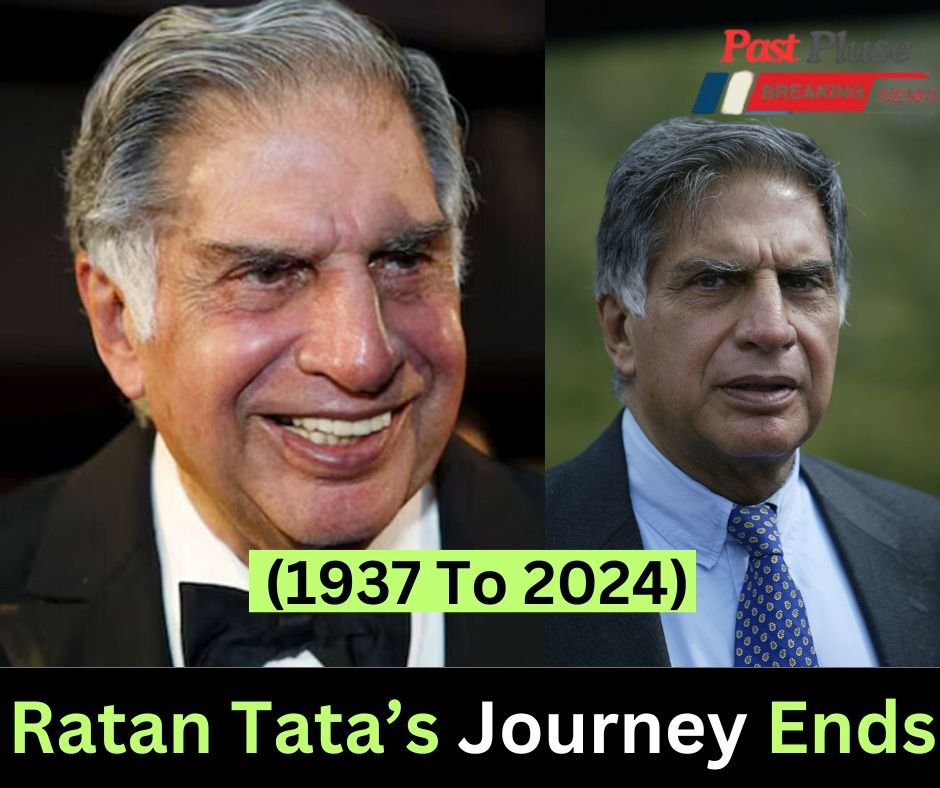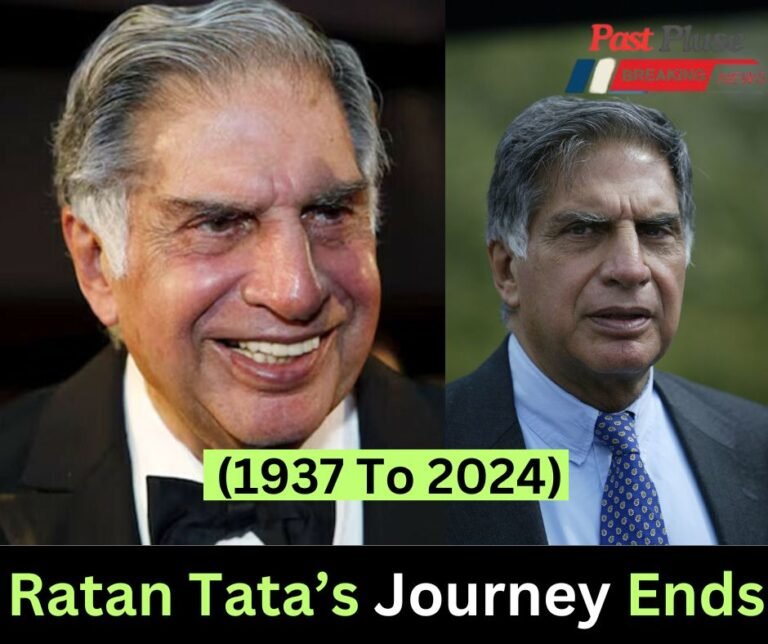
A Legacy of Leadership and Vision
Ratan Tata, the name synonymous with excellence, vision, and integrity, has left an indelible mark not just on Indian business but on the global stage. His departure from the day-to-day operations of the Tata Group may signal the end of an era, but his influence continues to resonate deeply in industries far and wide. His story is one of inspiration, foresight, and an unwavering commitment to ethical leadership.
Born in 1937, Ratan Tata was raised in an environment that valued hard work and humility. Though he was a scion of one of the most prominent business families in India, his early life was marked by personal challenges, including the separation of his parents. These early experiences shaped his outlook on life, instilling resilience and compassion in his approach to leadership.
Ratan Tata took over the reins of the Tata Group in 1991, at a time when the Indian economy was undergoing significant liberalization. The challenges he faced were numerous, from the internal restructuring of the conglomerate to navigating a rapidly evolving global marketplace. Yet, his ability to steer the company through these storms while maintaining a steadfast commitment to ethics is what truly defined his leadership.
Transforming Tata into a Global Powerhouse
Under Ratan Tata’s leadership, the Tata Group underwent unprecedented transformation. One of his most notable achievements was the acquisition of international brands like Jaguar Land Rover and Corus Steel, positioning Tata as a global powerhouse in industries ranging from automobiles to technology. These acquisitions were not only bold but strategic, reflecting Tata’s ability to envision long-term growth for the conglomerate.
The purchase of Jaguar Land Rover in 2008 is often cited as one of the most successful deals in automotive history. Despite facing initial skepticism, the acquisition has turned into one of Tata Motors’ most profitable ventures. Ratan Tata’s decision to expand globally demonstrated his vision to take Indian business beyond borders, establishing a legacy of international success.
Equally impactful was his emphasis on innovation and sustainability. Tata’s initiatives to foster research and development led to groundbreaking products such as the Tata Nano, the world’s most affordable car. While the Nano didn’t achieve widespread commercial success, its development showcased Ratan Tata’s belief in accessible technology for the masses, cementing his reputation as a leader who prioritized people over profits.
A Commitment to Social Responsibility
While Ratan Tata is celebrated for his business acumen, his legacy extends beyond corporate boardrooms. He has always believed in the idea that businesses should serve a higher purpose than just profit generation. Under his leadership, the Tata Group committed heavily to philanthropy and corporate social responsibility (CSR).
The Tata Group allocates a significant portion of its profits to charitable trusts, which have funded initiatives in education, healthcare, and rural development. Notably, Tata’s philanthropic contributions are not limited to India; they have had a far-reaching impact on global communities as well. From funding prestigious institutions like Cornell University and Harvard Business School to sponsoring key technological and scientific research, the Tata Trusts have made invaluable contributions across sectors.
Ratan Tata’s Influence on Future Generations
The end of Ratan Tata’s formal role within the Tata Group does not signify the end of his influence. In fact, his leadership style, marked by humility, ethical decision-making, and a deep sense of responsibility toward society, continues to serve as a blueprint for the next generation of business leaders.
Tata’s philosophy that “values and ethics are essential to business success” has inspired not just the Tata Group’s next line of leaders, but countless entrepreneurs and executives across the globe. His emphasis on innovation, sustainability, and social impact are themes that modern leaders now view as essential to building lasting, successful enterprises.
Moreover, Ratan Tata remains active as a mentor and an investor, particularly in startups. His involvement in emerging companies like Snapdeal, UrbanClap, and Ola signals his commitment to nurturing innovation and supporting young entrepreneurs. Tata’s approach to mentoring focuses not just on business strategy but on building companies that contribute positively to society.
The Tata Group’s Future Under His Shadow
Though Ratan Tata has stepped down, his influence will continue to guide the Tata Group’s future. The conglomerate’s commitment to ethical leadership, long-term sustainability, and community service are principles embedded deeply within its DNA. Natarajan Chandrasekaran, who succeeded Tata as the Chairman, has expressed his determination to uphold these values, ensuring that Ratan Tata’s legacy remains intact.
Under the new leadership, Tata Group is focusing on sectors like electric vehicles, renewable energy, and digital transformation. These focus areas resonate with Ratan Tata’s vision of aligning business growth with social and environmental well-being. As the company moves forward, the roadmap laid by Ratan Tata will continue to serve as a guiding light.
A Legacy That Transcends Business
Ratan Tata’s legacy is not confined to balance sheets and profit margins. His ability to fuse business success with social good has set him apart as one of the most respected and admired figures in global business. His life’s work serves as a testament to the idea that leadership is not just about creating wealth, but about creating positive change.
As we reflect on his journey, it’s clear that Ratan Tata’s influence will endure for generations to come. His leadership has reshaped not only the Tata Group but also the broader landscape of Indian and global business. Future leaders will look to him as a model of how to lead with integrity, vision, and a profound sense of duty to society.
Also Read More>..




